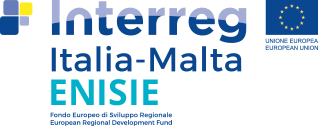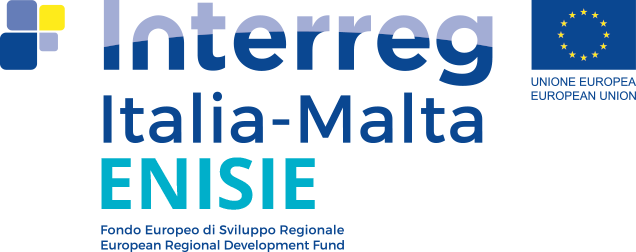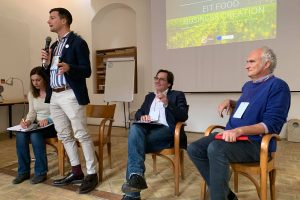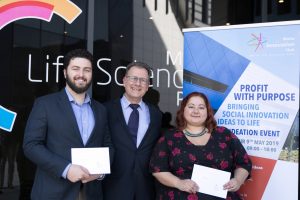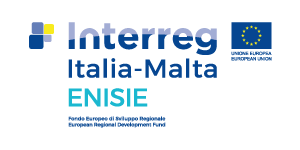HUB MED, here are the first reports
The so-called “backwardness” perceived as a characteristic of some countries in the Mediterranean area, could instead generate a great competitive advantage. On one condition: that an open dialogue is generated between social innovation and tradition, looking in particular at real vocations, local communities and the environment.
This could be the answer to the age-old question of whether or not there is a Mediterranean way to social innovation.
The work of the Hub Med ambassadors continues, the new ENISIE activity within the Interreg VA Italy-Malta Program for the creation of a Mediterranean network; it integrates the experiences already consolidated by the project in Malta and Sicily.
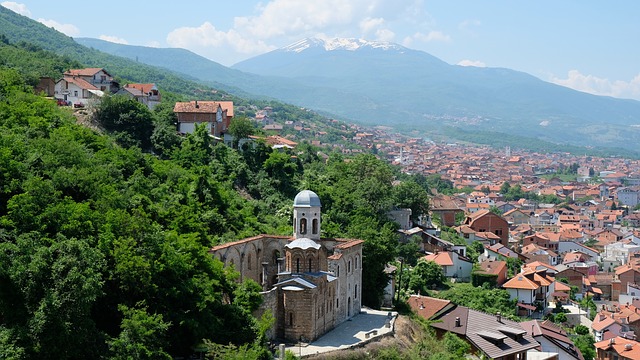
Prizren- Kosovo
The need for a “Mediterranean barometer”
The first reports describing the social innovation of Egypt, Morocco, Tunisia, Palestine, Lebanon, Jordan, Turkey, Greece, Serbia and Kosovo have delivered an interesting overview of the ecosystem for social innovation in their countries, identifying the best ones national practices. The objective of the research goes beyond the need for scientific observation – which has nevertheless been lacking up to now – on social entrepreneurship. Hub Med wants to develop a very first reliable “Mediterranean barometer” to the point of allowing concrete support to the practices of Social Innovation in the area. The document just delivered by the ambassadors describes a first analysis of 24 good practices.
Relevant common elements and other more specific elements of these practices are already being observed, and it will then be verified whether and how they can be replicated on a Mediterranean scale to address social and environmental issues. The definitive answer is not yet there but it is already possible to note that in the ten countries examined, social innovation is a very recent concept linked to the definition of social entrepreneurship; indeed it seems that the entrepreneurial approach strongly prevails in the context of best practices, but this could be due to the lack of specific regulation for social enterprises or other forms of activity.
In some cases (eg Egypt, Lebanon, Palestine) most of the innovative experiences seem to derive from local initiatives managed by foreign foundations; in others, a crucial role was played by the diaspora (see Egypt, Kosovo, Turkey) and by specific legislation (ie Greece, Kosovo, Tunisia, Turkey).
The common elements concern the recent and, at the same time, quite clear understanding of the phenomenon of social innovation as a hybridization of partnerships, governance and public-private business models (profit and non-profit), supporting new social initiatives with an impact for the whole of society; the prevalence of NGOs appears evident in most North African countries, probably as the most valid legal status for the achievement of public procurement and international grants.
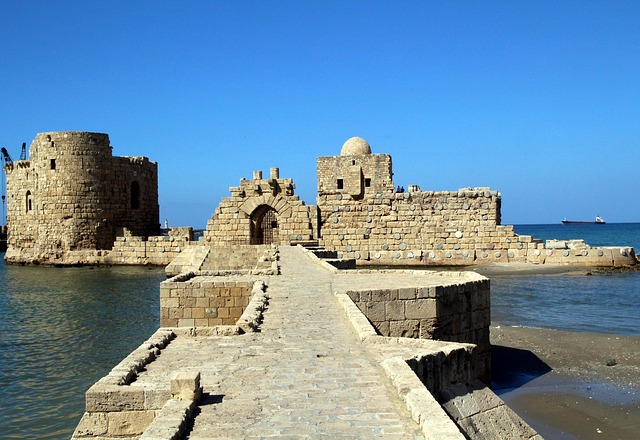
The need for solidarity legislation
Wrong legislation could also create obstacles and halt the progress of social enterprises in the area if governments do not understand its potential. It could therefore be more useful to follow the input of the EU Commission which is more aware of the issue.
Social entrepreneurs have limited access to the institutions and laws that support them. Governments’ resistance to change is also a problem, and too slow and insecure steps towards e-governance prove it. The lack of a legal form for Social Innovation organizations (SIO) also makes fundraising and expansion difficult.
It would therefore be necessary to have more solidarity legislation, in terms of opening up to the hybrid legal status, between profit and non-profit distribution. In this way the most effective and financially sustainable social business models would be encouraged and the dependence on public agencies (local and international) and donor funding would be reduced.
But while waiting for this to happen, it is necessary to unlock resources, finance, free experimentation and promote the concept of governance innovation (new forms of participatory governance, of cities, territories, assets). At the moment this remains the only way forward.
